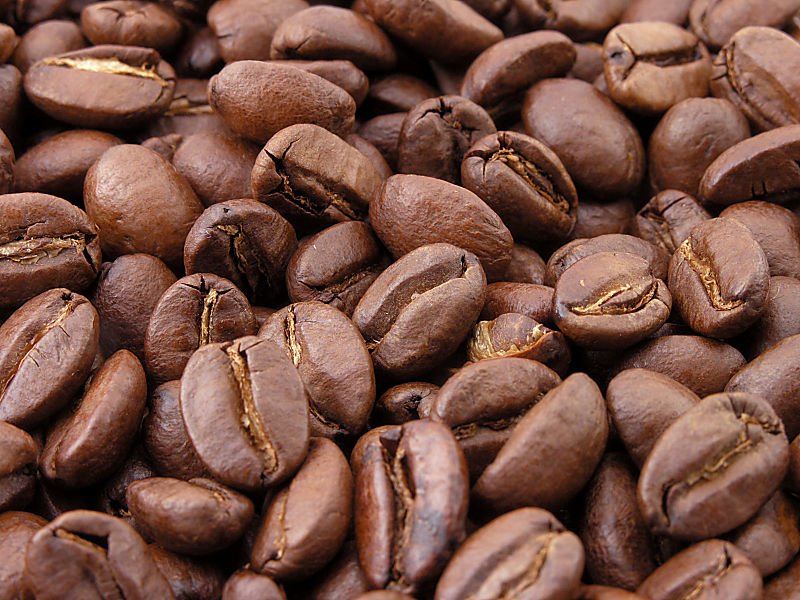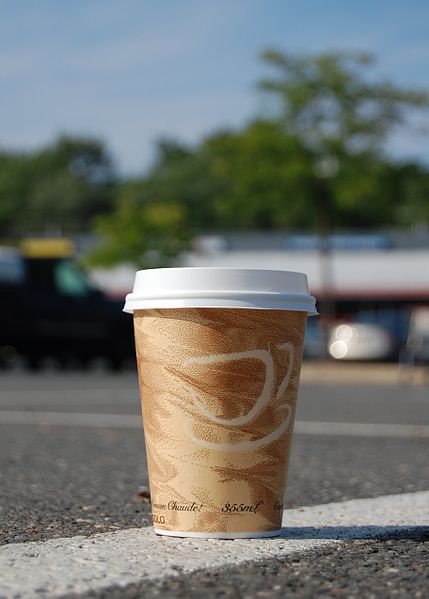If you can’t begin your day without a warm cup of coffee, you’re not alone. According to an annual report conducted by the National Coffee Association, a staggering 83% of adults in the USA claim to be regular joe drinkers. But this caffeinated staple has environmental and social implications that we often don’t consider when taking that invigorating sip in the morning.
Think of it this way. If – to be very conservative – we estimate that 50% of American adults drink coffee every day, this equates to 150 million individuals consumers. The Environmental Action Association reports that most of these people have a minimum of two servings of coffee, giving us 400 million cups of coffee that are consumed each day. This results in 146 billion cups of coffee per year.
The coffee culture is still largely a disposable one. Most of these 146 billion annual servings are consumed in single-use cups, adding to the massive waste issue that the planet is faced with today. 25 billion Styrofoam coffee cups end up in U.S. landfills each year, joining the stunning 58 billion paper cups that annually enter the waste stream. When all of the disposable cups are landfilled each year are combined, they could orbit the earth 1,744 times.
This big – okay, massive – problem starts with the individual. According to the Environmental Action Association, “If you buy just one cup of coffee or tea in a disposable cup every day, you’ll end up creating about 23 lbs of waste in one year.” But the issue also has a beautifully simple solution.
Bring your own cup.
When you make your way into a coffee shop, come prepared with your own to-go mug. There is a plethora of options out there – Contigo has a virtually bombproof design – so that you can be sustainable and stylish.

When we consider how many coffee drinkers populate the USA, it’s also important to think about where our beans come from. Approximately 49 countries across the world grow coffee, and thousands of people depend on the industry for their livelihood. And a disturbing percentage of these workers are treated unjustly.
“Fair Trade” isn’t just a trendy new concept for coffee connoisseurs. It promotes a basic right – for workers to receive fair compensation for their effort. On their website, Fair Trade states its importance with poignant simplicity: “Fair Trade goods are just that. Fair. From far-away farms to your shopping cart, products that bear our logo come from farmers and workers who are justly compensated.”
By being cognizant of where our coffee comes from – and what impact our drinking habits have on the planet – we can continue to sip, sustainably. Walk into your favorite cafe armed with knowledge and a reusable mug to move our planet towards a better future.
